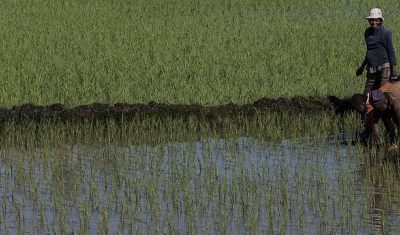Dr Christophe Golay Trains Judges in Tunisia on the Justiciability of Economic, Social and Cultural Rights


Vanessa Passos Araújo/ILAC
13 December 2018
Our Senior Research Fellow and Strategic Adviser on Economic, Social and Cultural Rights (ESCR), Dr Christophe Golay, trained last week 40 Tunisian administrative judges on the justiciability of ESCR.
Organized by the Office of the United Nations (UN) High Commissioner for Human Rights, the International Bar Association's Human Right Institute (IBAHRI) and the International Legal Assistance Consortium (ILAC), the training course addressed issues like the normative content of ESCR, adjudication before national courts, states’ obligations, violations of ESCR and mechanisms to protect these rights at the national and international levels.
‘It was the first time that Tunisian judges were trained on the justiciability of ESCR and there was a lot of interest among the audience’ underlines Dr Christophe Golay.
‘While Tunisia’s new constitution, adopted in 2014, recognizes a large number of economic, social and cultural rights, jurisprudence is still very scarce on this issue. This training course precisely aimed at addressing this gap and responded to a recommendation by the UN Committee on Economic, Social and Cultural Rights that Tunisian judges should be trained on the adjudication of ESCR before national courts’ he explains.











